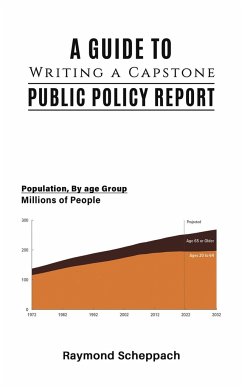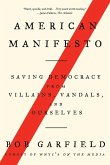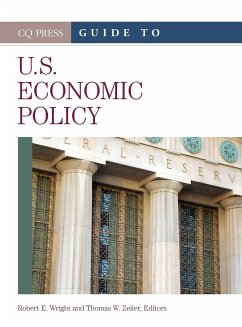In my 10 plus years of teaching, I have found that students struggle with two major challenges in writing a quality capstone paper. First, they have difficulty creating a rigorous analytical framework. Too often, the papers tend to be more descriptive in nature, which means that the final policy recommendation may be flawed. This book attempts to fill that gap by discussing in detail the various components of the framework as well as their interdependence. Second, most public policy books are theoretical or conceptual, but it is difficult for students to make the transition from understanding the concepts to performing the actual quantification of the metrics so necessary to do the analysis. This book provides detailed instructions on how to do the quantification.
Hinweis: Dieser Artikel kann nur an eine deutsche Lieferadresse ausgeliefert werden.
Hinweis: Dieser Artikel kann nur an eine deutsche Lieferadresse ausgeliefert werden.








